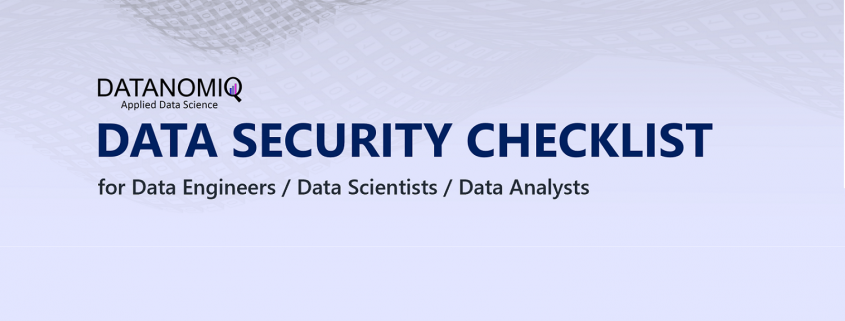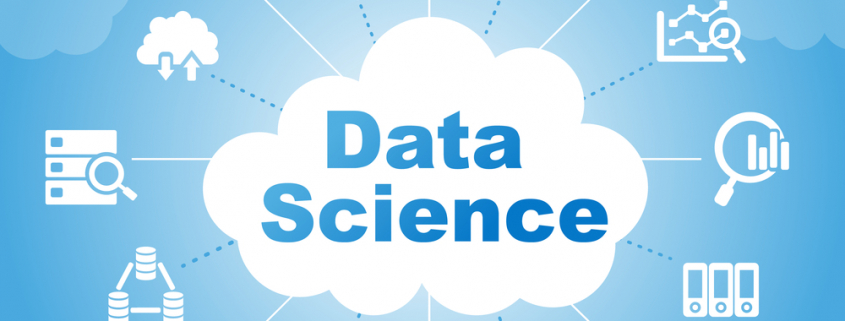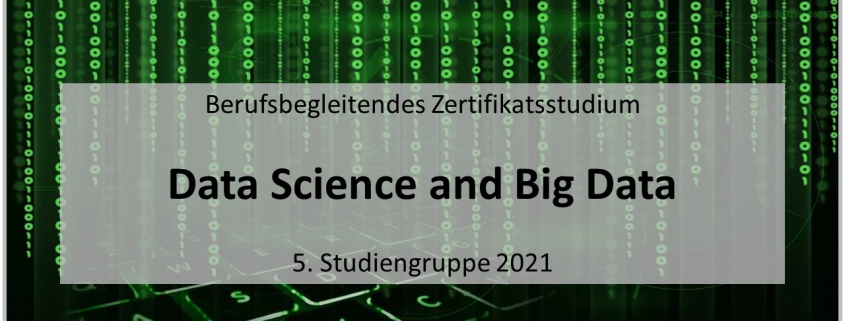Today, data science is more than a buzzword. To simply put it, data science is an interdisciplinary field of gathering data from various sources and channels such as databases, analysing and transforming them into visualization and graphs. This basically facilitates the readability and understanding of the data to aid in soft-skills like insightful decision-making for any organization or business. In short, data science is a combination of incorporating scientific methods, different technologies, algorithms, and more when it comes to data.
Apart from the certified courses, as a data scientist, it is expected to have experience in various domains of computer science, including knowledge of a few programming languages such as Python and R as well as statistics and mathematics. An individual should be able to comprehend the data provided and be able to transform it into graphs which help in extracting insight for a particular business.
Best Resources To Learn Data Science
For those pursuing a career in data science, it is not just technical skills that matter, in business settings an individual is tasked with communicating complex ideas and making data-driven insightful decisions. As a result, people in the field of data science are expected to be effective communicators, leaders, and team members as well as high-level analytical thinkers too.
If we talk about applications of data science, it is used in myriad fields, including image and speech recognition, the gaming world, logistics and supply chain, healthcare, and risk detection, among others. It remains a limitless world indeed. Data scientists will continue to remain in high demand, while at the same time there is a substantial skill gap that needs to be currently addressed in the industry.
Here’s the lowdown on a few of the online resources—in no particular order—which can be checked out to learn data science. While a few of these educational platforms have been launched a couple of years ago, they would continue to hold equal relevance when it comes to resources for seeking in-depth knowledge related to everything in the field of data science.
1. Udemy
 Udemy is a site that offers hands-on exercises while extending comprehensive data courses. At last count, there were about 10,000 data courses and almost 500 of which are free of cost. An individual can discover specialisations, including Python, Tableau, R, and many more. While offering real-world examples, Udemy courses are quite well-defined when it comes to specific topics.
Udemy is a site that offers hands-on exercises while extending comprehensive data courses. At last count, there were about 10,000 data courses and almost 500 of which are free of cost. An individual can discover specialisations, including Python, Tableau, R, and many more. While offering real-world examples, Udemy courses are quite well-defined when it comes to specific topics.
The courses are suitable for beginners as well as experts in the field of data science.
2. Coursera
 Coursera is another online learning platform that offers massive open online courses (MOOC), specialisations, and degrees in a range of subjects, and this includes data science as well. Some of the courses hosted on the platform include top-notch names such as Harvard University, University of Toronto, Johns Hopkins University, University of Michigan, and MITx, among others. Coursera courses can be audited for free and certificates can be obtained by paying the mentioned amount. The courses from Coursera are part of a particular specialisation, which is a micro-credential offered by Coursera. These specialisations also include a capstone project.
Coursera is another online learning platform that offers massive open online courses (MOOC), specialisations, and degrees in a range of subjects, and this includes data science as well. Some of the courses hosted on the platform include top-notch names such as Harvard University, University of Toronto, Johns Hopkins University, University of Michigan, and MITx, among others. Coursera courses can be audited for free and certificates can be obtained by paying the mentioned amount. The courses from Coursera are part of a particular specialisation, which is a micro-credential offered by Coursera. These specialisations also include a capstone project.
3. Pluralsight
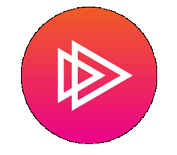 Pluralsight remains an educational platform for learners through insights from instructor-led courses or online courses, which lay stress on basics and some straightforward scenarios. Courses taken online will require you to exert more effort to gain detailed insights, thus helping you in the longer run. Pluralsight introduces one to several video training courses for Software developers and IT administrators.
Pluralsight remains an educational platform for learners through insights from instructor-led courses or online courses, which lay stress on basics and some straightforward scenarios. Courses taken online will require you to exert more effort to gain detailed insights, thus helping you in the longer run. Pluralsight introduces one to several video training courses for Software developers and IT administrators.
By using the service of Pluralsight, an individual can look forward to learning a lot of solutions. An individual can even get the key business objectives and even close the skill gaps in critical areas like cloud, design, security, and mobile data.
4. FlowingData
 The website, which is produced by Dr. Nathan Yau, Ph.D., offers insights from experts about how to present, analyse, and understand data. This comes with practical guides to illustrate the points with real-time examples. In addition, the site also offers book recommendations, as well as provides insights related to the field of data science.
The website, which is produced by Dr. Nathan Yau, Ph.D., offers insights from experts about how to present, analyse, and understand data. This comes with practical guides to illustrate the points with real-time examples. In addition, the site also offers book recommendations, as well as provides insights related to the field of data science.
There are also articles which an individual can browse related to gaining more in-depth insight into the correlation between data science and the world around.
5. edX
 edX is an online platform, which has been created as a tie-up between Harvard University and the Massachusetts Institute of Technology. This website has been designed with the idea to highlight courses in a wide range of disciplines and deliver them to a larger audience across the world. edX extends courses that are offered by 140 top-notch universities at free or nominal charges to make learning easy. The website includes at least 3,000 courses and has programs available for learners to excel in the field of data science.
edX is an online platform, which has been created as a tie-up between Harvard University and the Massachusetts Institute of Technology. This website has been designed with the idea to highlight courses in a wide range of disciplines and deliver them to a larger audience across the world. edX extends courses that are offered by 140 top-notch universities at free or nominal charges to make learning easy. The website includes at least 3,000 courses and has programs available for learners to excel in the field of data science.
6. Kaggle
 Kaggle is an online learning platform that would be quite beneficial for individuals who already have some knowledge related to data science. In addition, most of the micro-courses require the users to have some prior knowledge in data science languages such as Python or R and machine learning. It remains an ideal site for upgrading skills and enhancing the capabilities in the field of data science. It offers extensive insights related to the field from experts.
Kaggle is an online learning platform that would be quite beneficial for individuals who already have some knowledge related to data science. In addition, most of the micro-courses require the users to have some prior knowledge in data science languages such as Python or R and machine learning. It remains an ideal site for upgrading skills and enhancing the capabilities in the field of data science. It offers extensive insights related to the field from experts.
7. GitHub
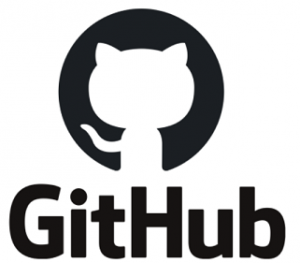 GitHub remains a renowned platform that uses Git, which is a DevOps tool used for source code management, to apply version control to a code. With over 40 million developers on its users list, it also opens up a lot of opportunities for data scientists to collaborate and manage projects together, besides gaining insights about the industry that continues to remain high in demand at the moment.
GitHub remains a renowned platform that uses Git, which is a DevOps tool used for source code management, to apply version control to a code. With over 40 million developers on its users list, it also opens up a lot of opportunities for data scientists to collaborate and manage projects together, besides gaining insights about the industry that continues to remain high in demand at the moment.
8. Reddit
 This is a platform that comprises sub-forums, or subreddits, each focused on a subject matter of interest. Under this, the R/datascience subreddit has been titled the data science community, which remains one of the larger subreddit pages related to data science. Various data science professionals discuss relevant topics in data science. The data science subreddit remains insightful for individuals seeking a community that can provide related technical advice in the field of data science.
This is a platform that comprises sub-forums, or subreddits, each focused on a subject matter of interest. Under this, the R/datascience subreddit has been titled the data science community, which remains one of the larger subreddit pages related to data science. Various data science professionals discuss relevant topics in data science. The data science subreddit remains insightful for individuals seeking a community that can provide related technical advice in the field of data science.
9. Udacity
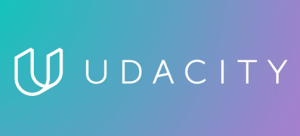 Udacity Data Science Nanodegree remains an ideal certification program for those who remain well-versed with languages such as Python, SQL, machine learning, and statistics. In terms of content, Udacity Data Science Nanodegree remains quite advanced and introduces hands-on practice in the form of real-world projects. While Udacity doesn’t offer an all-inclusive course, it introduces separate courses for becoming an expert in the field of data science. Professionals who aspire to become data scientists are advised to take Udacity’s three courses namely Intro to Data Analysis, Introduction to Inferential Statistics, and Data Scientist Nanodegree. These three courses extend real-world projects, which are provided by industry experts. In addition, technical mentor support, flexible learning program, and personal career coach and career services are also offered to aspirants in the domain.
Udacity Data Science Nanodegree remains an ideal certification program for those who remain well-versed with languages such as Python, SQL, machine learning, and statistics. In terms of content, Udacity Data Science Nanodegree remains quite advanced and introduces hands-on practice in the form of real-world projects. While Udacity doesn’t offer an all-inclusive course, it introduces separate courses for becoming an expert in the field of data science. Professionals who aspire to become data scientists are advised to take Udacity’s three courses namely Intro to Data Analysis, Introduction to Inferential Statistics, and Data Scientist Nanodegree. These three courses extend real-world projects, which are provided by industry experts. In addition, technical mentor support, flexible learning program, and personal career coach and career services are also offered to aspirants in the domain.
10. KDnuggets
 KDnuggets remains a resourceful site on business analytics, big data, data mining, data science, and machine learning. The site is edited by Gregory Piatetsky-Shapiro, a co-founder of Knowledge Discovery and Data Mining Conferences. KDnuggets boasts of more than 4,00,000 unique visitors and has about 1,90,000 subscribers. The site also provides information related to tutorials, certificates, webinars, courses, education, and curated news, among others.
KDnuggets remains a resourceful site on business analytics, big data, data mining, data science, and machine learning. The site is edited by Gregory Piatetsky-Shapiro, a co-founder of Knowledge Discovery and Data Mining Conferences. KDnuggets boasts of more than 4,00,000 unique visitors and has about 1,90,000 subscribers. The site also provides information related to tutorials, certificates, webinars, courses, education, and curated news, among others.
Ending Note
Increasing technology and big data mean that organizations must leverage their data in order to deliver more powerful products and services to the world by analyzing that data and gaining insight, which is what the term “Data Science” means. You can jumpstart your career in Data Science by utilizing any of the resources listed above. Make sure you have the right resources and certifications. Now is the time to work in the data industry.
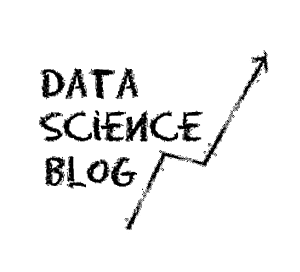


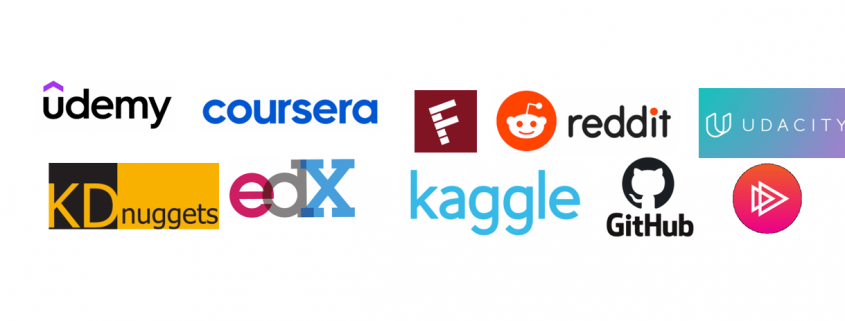

 Pluralsight remains an educational platform for learners through insights from instructor-led courses or online courses, which lay stress on basics and some straightforward scenarios. Courses taken online will require you to exert more effort to gain detailed insights, thus helping you in the longer run. Pluralsight introduces one to several video
Pluralsight remains an educational platform for learners through insights from instructor-led courses or online courses, which lay stress on basics and some straightforward scenarios. Courses taken online will require you to exert more effort to gain detailed insights, thus helping you in the longer run. Pluralsight introduces one to several video  The website, which is produced by Dr. Nathan Yau, Ph.D., offers insights from experts about how to present, analyse, and understand data. This comes with practical guides to illustrate the points with real-time examples. In addition, the site also offers book recommendations, as well as provides insights related to the field of data science.
The website, which is produced by Dr. Nathan Yau, Ph.D., offers insights from experts about how to present, analyse, and understand data. This comes with practical guides to illustrate the points with real-time examples. In addition, the site also offers book recommendations, as well as provides insights related to the field of data science.
 Kaggle is an online learning platform that would be quite beneficial for individuals who already have some knowledge related to data science. In addition, most of the micro-courses require the users to have some prior knowledge in
Kaggle is an online learning platform that would be quite beneficial for individuals who already have some knowledge related to data science. In addition, most of the micro-courses require the users to have some prior knowledge in 
 This is a platform that comprises sub-forums, or subreddits, each focused on a subject matter of interest. Under this, the R/datascience subreddit has been titled the data science community, which remains one of the larger subreddit pages related to data science. Various data science professionals discuss relevant topics in data science. The data science subreddit remains insightful for individuals seeking a community that can provide related technical advice in the field of data science.
This is a platform that comprises sub-forums, or subreddits, each focused on a subject matter of interest. Under this, the R/datascience subreddit has been titled the data science community, which remains one of the larger subreddit pages related to data science. Various data science professionals discuss relevant topics in data science. The data science subreddit remains insightful for individuals seeking a community that can provide related technical advice in the field of data science.


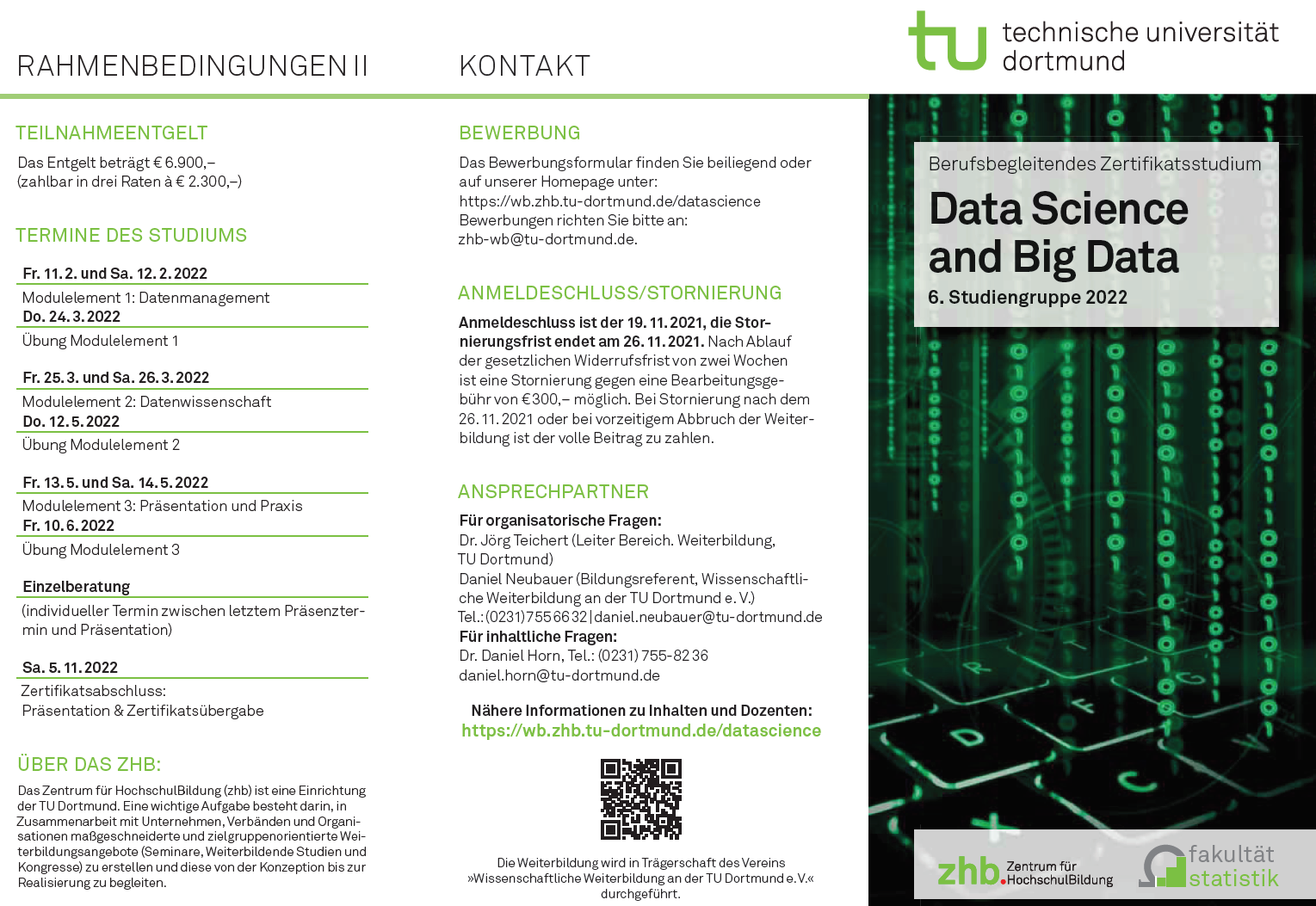

 Image Source: Pexels
Image Source: Pexels